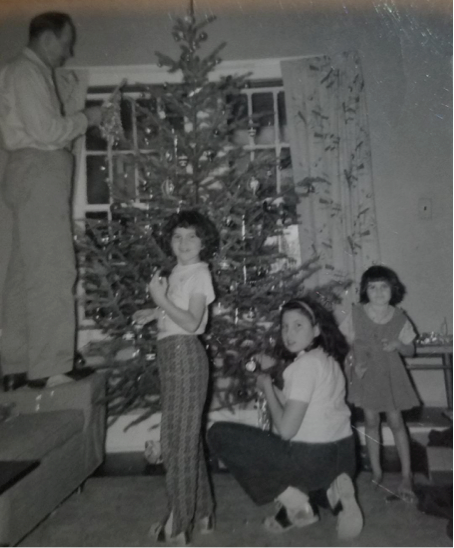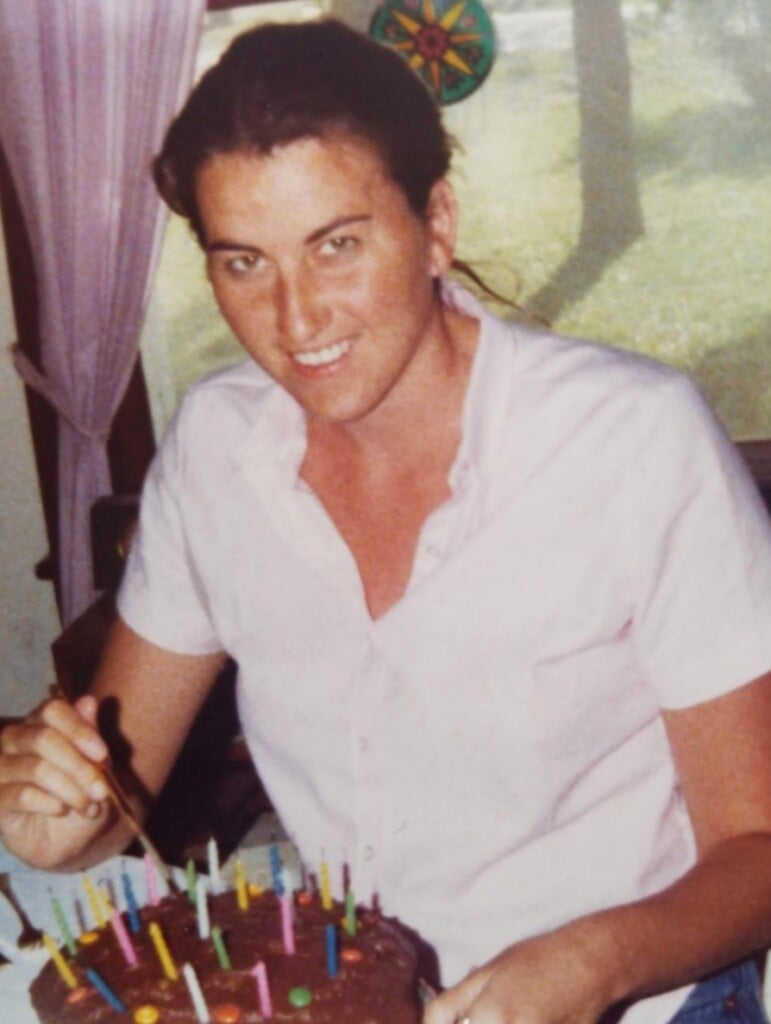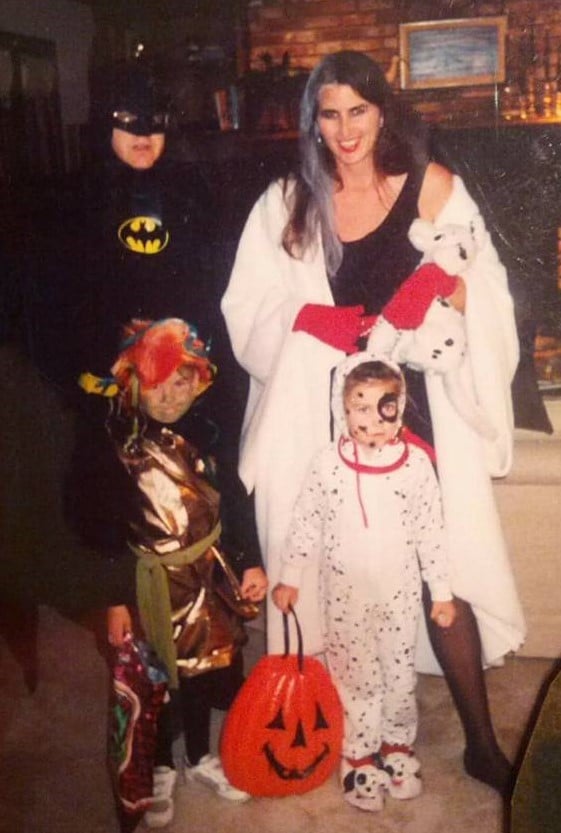Unexpected Moments of Grief – The Day I Canceled My Parents’ Phone Line
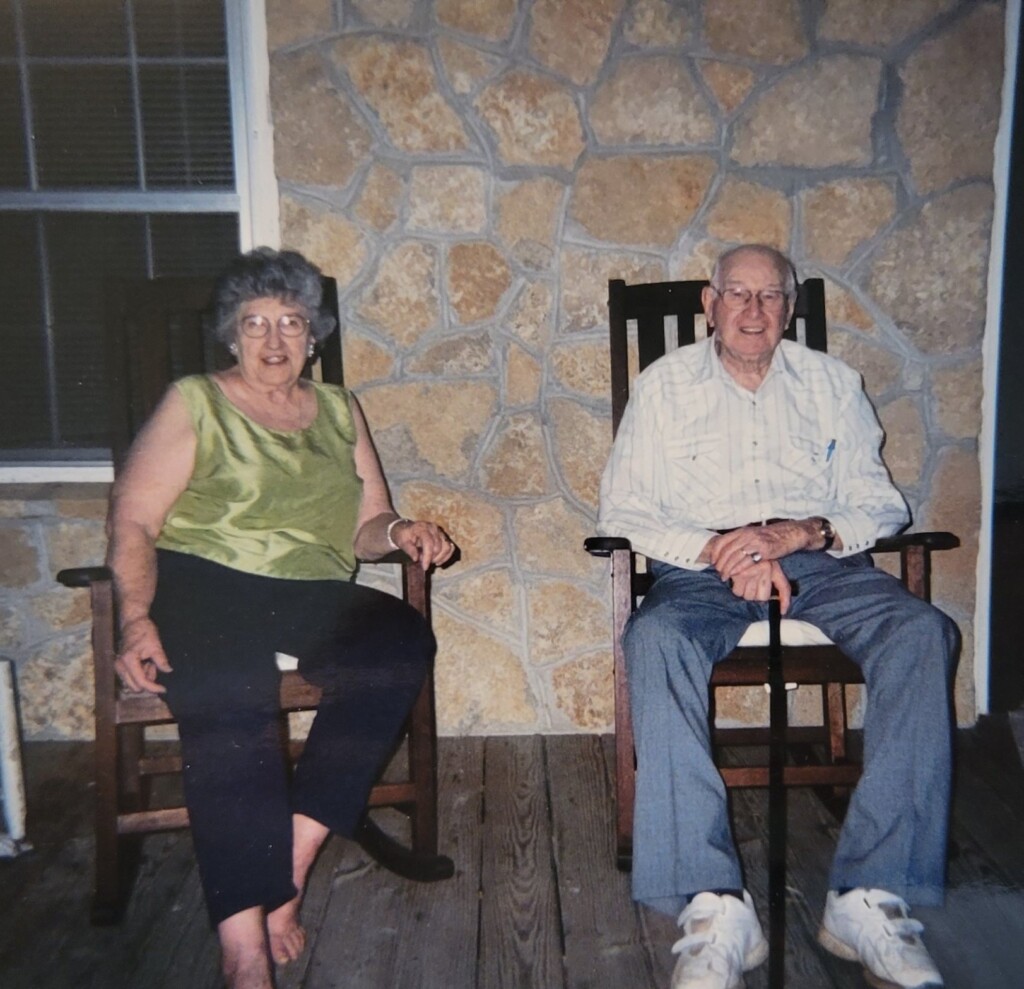
It was time. My mother had died two years ago, and I couldn’t procrastinate any longer. I had spent two years cleaning out my parents’ house, making repairs to sell it, acting as executor of their will, and taking over the responsibility for my brother, who has intellectual disabilities. There had been no time for me to indulge in the luxury of grieving. I’d been on autopilot, but a sale was pending on my childhood home. My busyness was ending, and the ability to prolong my denial was about to hit a wall.
It was time to cancel my parents’ phone. It was seemingly just another step in the long list of tasks, but the phone number had come to represent much more. When the man at the phone company asked why I was canceling the number, my composure, which I had been closely guarding, was shattered. I went straight to full-blown sobbing with words struggling to get out intelligibly, “My parents…. died…have to…sell house….cancel phone…” That poor man. He rose to the challenge and compassionately and patiently talked me through the process, occasionally murmuring reassuring words of sympathy. An unsuspecting phone employee went to work, never imagining he would become a grief counselor that day.
My parents had lived in the rock house for fifty years. You could blindfold me twenty years from now, and I could easily maneuver my way through my childhood home with nary a stumble. My parents built our house with their own hands, sweat, and carefully saved pennies. To most people, it looked like a rundown, old country house. But, through my love-fogged lenses, it was a mansion filled with valuable memories. As though stuck somewhere in 1970, the big black rotary phone owned the counter space of the old Hoosier cabinet in the Harvest Gold kitchen.
The phone embodied our family life. I could picture my mom sitting there every Sunday evening, relishing her allotted twenty minutes of chatting with her mother. “Phone calls are expensive,” I could hear my dad saying when the weekly chat exceeded the time limit. I remember the thrill when I was a teenager, and the phone was for me. Maybe it was a boy calling for a date. Or, more likely, a friend calling to commiserate about the lack of boys calling for dates. Sitting in the middle of the house meant there was no privacy, no long conversations with a best friend, or shared terms of endearment with a boyfriend because, in a big family, someone else always needed the phone.
Our phone number was one of the first things I memorized, and I suspect it will remain embedded in my memory until I die. It’s as if those seven digits are tattooed in my brain or maybe my heart. When I went to college, I could only call home once a week because, as my dad reminded me, phone calls were expensive. When I became a mother for the first time, I lived halfway across the country and missed my parents desperately. Dialing those numbers with a crying baby in one arm and a toddler clinging to my leg, I ached to hear the voices of the people who still thought of me as their baby. The cross-country telephone calls were my lifeline through the tough early days of parenting.
I eventually moved back to my hometown and became a single mom. My parents probably wished I would temporarily forget their phone number. I called my parents almost every day with a question. I called to ask my dad home repair questions such as, “How do I get the toilet to stop running?” or to ask my mom, “How do I make those noodles like yours?” I did need advice, but mostly, I needed to hear my parents’ voices. The physical act of dialing their number soothed me. The voices on the other end never failed to make me feel loved. My childhood telephone number and the people attached to it were the safe places, the constants in my often achingly lonely single-mom life.
My children grew up, as kids tend to do. My parents grew old, as parents tend to do. The phone calls coming from my parents’ number began to increase in frequency. My parents were aging. They needed help cleaning gutters, retrieving emails, and getting to doctor’s appointments. There were times I cringed when I saw my childhood number on the caller ID, exasperatingly wondering what they needed now. The tides were turning, and I wasn’t ready.
One evening, a phone call from my father forced me to understand that it didn’t matter if I was ready or not. My father asked, “Do you know where Mama is?” I was confused because I knew my mom would not leave my dad alone, not since he had begun being confused in the evenings. I questioned him further, and the reality became all too clear. My dad was looking for his Mama, not my mother. His mother had been dead for forty years. The thief known as dementia was stealing my dad, one memory at a time.
That phone call began a series of daily calls, sometimes from my father looking for “Mama” and often my mother needing assistance with my dad. The calls that came in the middle of the night were never a good sign. Several times, my mother called when my dad had fallen out of bed, and she couldn’t get him off the floor. My strong husband would rush over, tenderly pick my 98-year-old father off the floor, and tuck him back into bed. Then, there was the game changer call at three AM when my mother sensed the absence of my dad’s soul and asked me to come over immediately. I rushed to their house without bothering to change out of my pajamas. I checked for a pulse and breathing and found none. She was right. The love of my mother’s life, my father, was dead.
Despite my mother being fifteen years younger, she died only a year after my father’s death. It’s the death of the second parent that changes everything. No matter how old you are, it is devastating to be orphaned. The busyness of taking care of their home and becoming the guardian to my brother with disabilities allowed me to live in denial of the heartbreaking void.
Denial is a comfortable place to live, but it was time to move on. Canceling the phone line was on my list of tasks. It was only a phone number, but somehow, those seven digits had become symbolic of the relationship with my parents that was now permanently severed. The phone number represented my touchstone of comfort, security, and love. Canceling it broke down the emotional barriers and forced me to begin my grief process. Our brains know that if the natural order of life occurs, our parents will die before we do. Our hearts have a tougher time accepting that truth.
The day I canceled my parents’ phone brought an epiphany. I realized that although I could no longer dial that beloved number and hear my parents’ voices, the words of love and encouragement that had buzzed through the phone wires for decades would remain with me forever. Canceling the phone number did not cancel my parents’ love. In many ways, my parents are always with me. And somewhere in the world is a traumatized telephone service person who helped me begin that journey of grief.

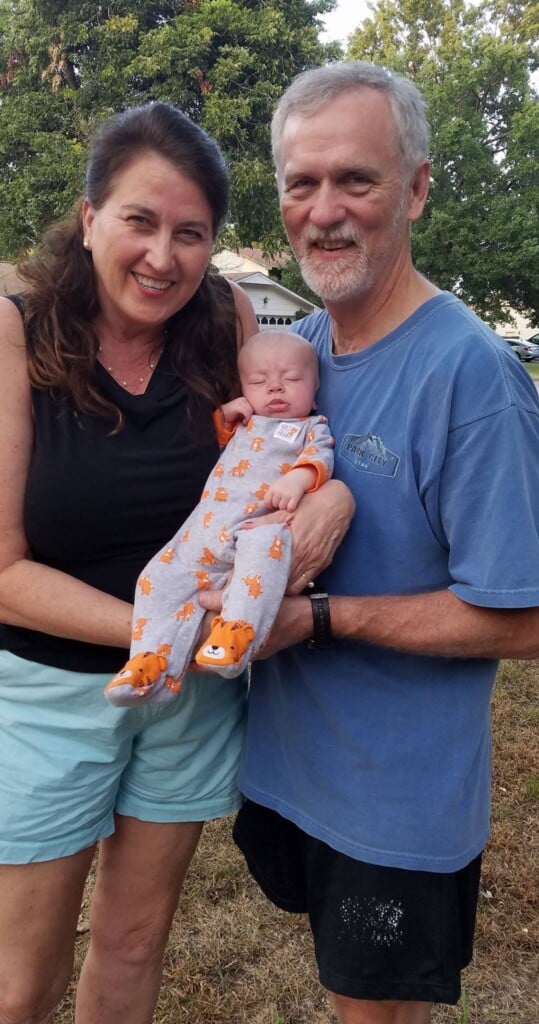
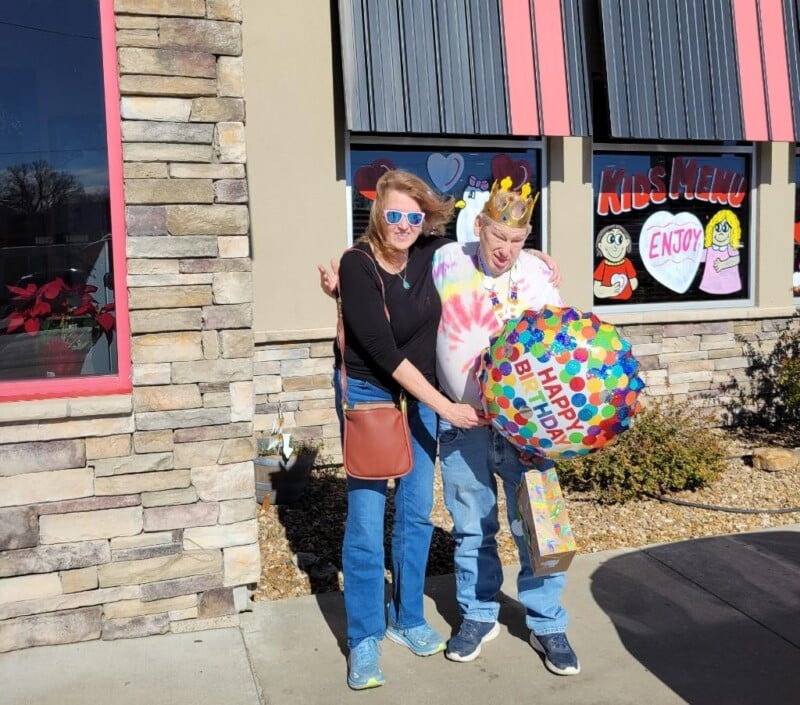
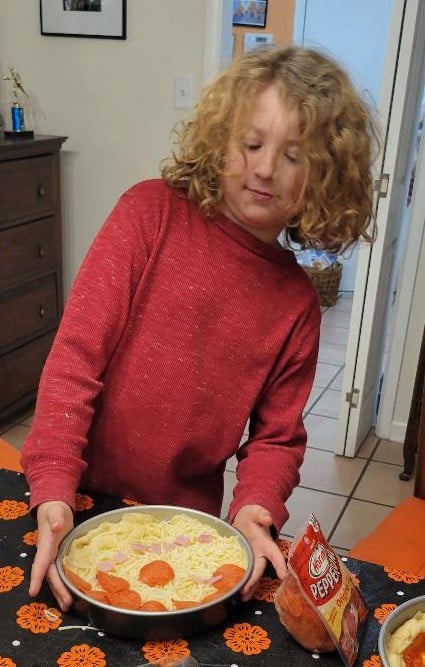
 Welcome to Grand Life, the TulsaKids blog that explores the wonderful adventures of grandparenting! Join me and my grandchildren as we explore interesting activities and visit family friendly sites in Tulsa. This blog shares the joys and challenges of grandparenting as well as the various roles grandparents play in their grandchildren’s lives.
Welcome to Grand Life, the TulsaKids blog that explores the wonderful adventures of grandparenting! Join me and my grandchildren as we explore interesting activities and visit family friendly sites in Tulsa. This blog shares the joys and challenges of grandparenting as well as the various roles grandparents play in their grandchildren’s lives.



